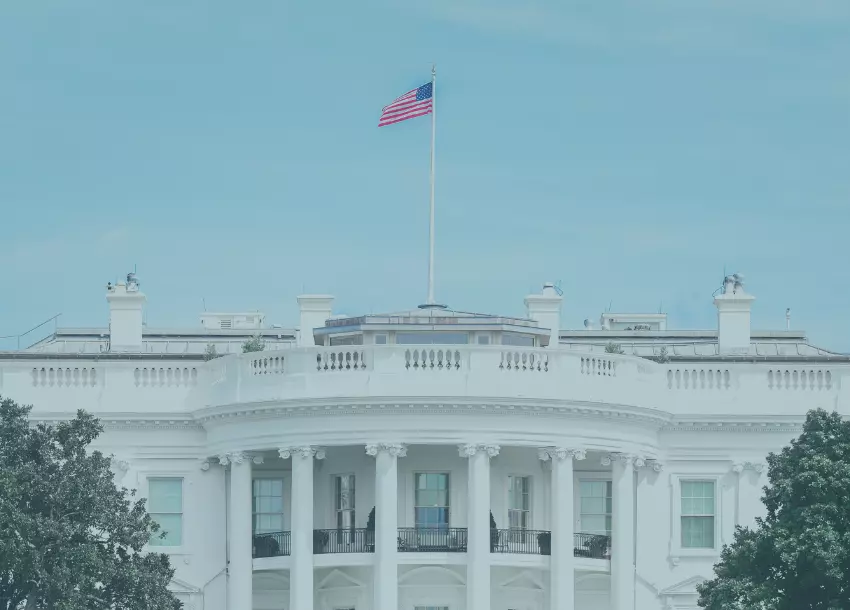Statutory Update – New Protections Against Broad Waivers of Lien Rights as a Condition Precedent to Receiving Progress Payments
Ensuring the language in lien waivers is conditional upon the actual receipt of payment and that the waiver is limited to the extent of payment received have long been the most crucial issues whenever presented with a lien waiver in North Carolina. While due diligence is always expected when signing waivers, it appears that the North Carolina state legislature and Governor are working toward providing safeguards even if you fail to ensure conditional or limiting language is added. On January 26, 2022, Governor Roy Cooper signed Session Law 2022-1, providing a new section to the General Statutes significantly limiting the enforceability of certain lien waivers.
Pursuant to new § 22B-5 in Article 1 of Chapter 22B of the General Statutes, “Provisions in lien waivers . . . purporting to require a promisor to submit a waiver or release of liens or claims as a condition of receiving interim or progress payments due from a promisee . . . are void and unenforceable unless limited to the specific interim or progress payment actually received by the promisor in exchange for the lien waiver.” In short and depending upon how the courts review and interpret the new § 22B-5, a lien waiver is unenforceable unless the party waiving the lien rights actually receives payment for the amounts waived. Not subject to being rendered unenforceable by § 22B-5 are the following two exceptions: (1) lien waivers for final payments, and (2) settlement agreements to resolve disputed claims after the claimant has identified the claim in writing, regardless of whether or not a lawsuit or arbitration was initiated. The true application of § 22B-5 is limited to lien waivers sought in the course of routine progress payments, protecting the potential lien claimant from waiving lien rights for work subject to the progress payment but not yet paid, disputed claims, as well as for future lien rights not yet accrued.
§ 22B-5 may be used to argue protection for a potential lien claimant’s existing claims for additional payment under disputed claims or change orders prior to the time of the waiver, even if the potential lien claimant explicitly waives all claims up through the date of the waiver / progress payment. This is because § 22B-5 makes void the waiver except to the extent of the payment actually made. However, the party obtaining the lien waiver that includes a general release of all claims through the date of the waiver may argue there was a settlement agreement resolving a dispute as to a claim previously made in writing. This scenario may present an issue for the courts in addressing whether and to what extent the second exception in § 22B-5 applies.
Prior to the enactment of § 22B-5, North Carolina only invalidated lien waivers for future lien rights in anticipation of and in consideration of being awarded a construction contract. At any point thereafter, a complete lien waiver was generally enforceable. The new § 22B-5 goes a long way to protect the lien rights afforded contractors, subcontractors, and suppliers under Chapter 44A from being prospectively waived whether unintentionally or even coercively by the party seeking the waiver.
While the party seeking a lien waiver should pay particular attention not to violate the statutory mandates of § 22B-5, it is equally important for those presented with lien waivers not to rely solely upon the new statutory protections afforded. When § 22B-5 becomes effective March 1, 2022, it will not be a surprise to see a continued practice of upstream parties presenting final and broad unconditional lien waivers for interim payments, which may also include a general release of all claims. Without a firm grasp on how broad the courts will apply the new statute, particularly as lien waiver drafters attempt to circumvent the provisions of § 22B-5, it remains crucial to critically analyze each lien waiver presented to you on any project. It remains prudent that a party presented with a lien waiver ensure the language explicitly states the waiver is conditional upon the actual receipt of the amount owed on the progress payment. The practice of preserving lien rights is one of the most critical tools for the prudent contractor/supplier to ensure payment for labor, materials, or equipment furnished.
North Carolina’s enactment of § 22B-5 closes the gap on the protections that have long been afforded to parties in South Carolina who sign lien waivers. South Carolina generally does not enforce agreements to waive lien rights unless payment substantially equal to the amount waived is actually made. S.C. Code Ann. § 29-7-20(2).
Nexsen Pruet's Construction Practice has served as attorneys for the construction industry throughout North and South Carolina for years. The group is one of the leading construction practices in the Carolinas, with experience in all areas of the industry. If you have any additional questions, please feel free to reach out to Brett M. Becker, Esq., at (336)-387-5150.
About Maynard Nexsen
Maynard Nexsen is a full-service law firm of 600+ attorneys in 31 locations from coast to coast across the United States. Maynard Nexsen formed in 2023 when two successful, client-centered firms combined to form a powerful national team. Maynard Nexsen’s list of clients spans a wide range of industry sectors and includes both public and private companies.
Related Capabilities








